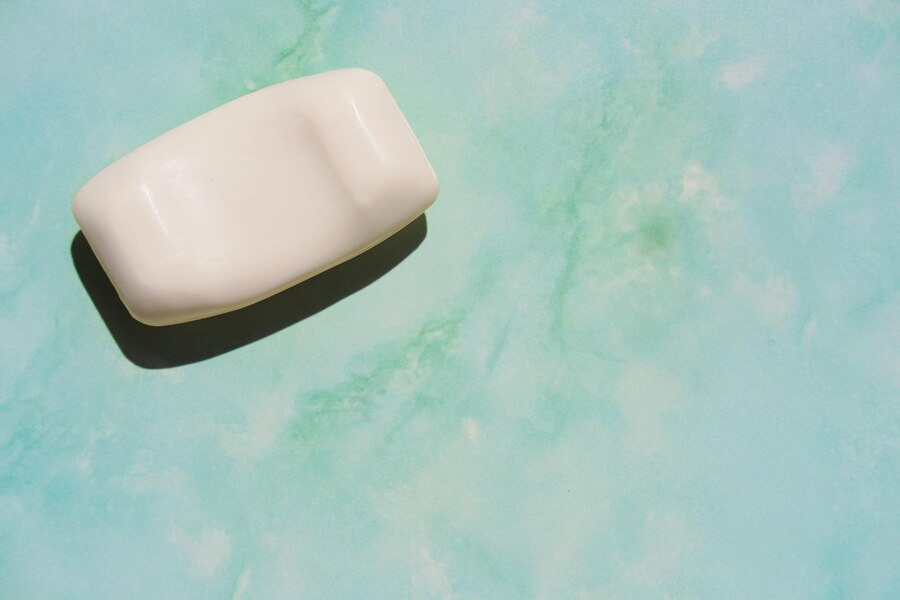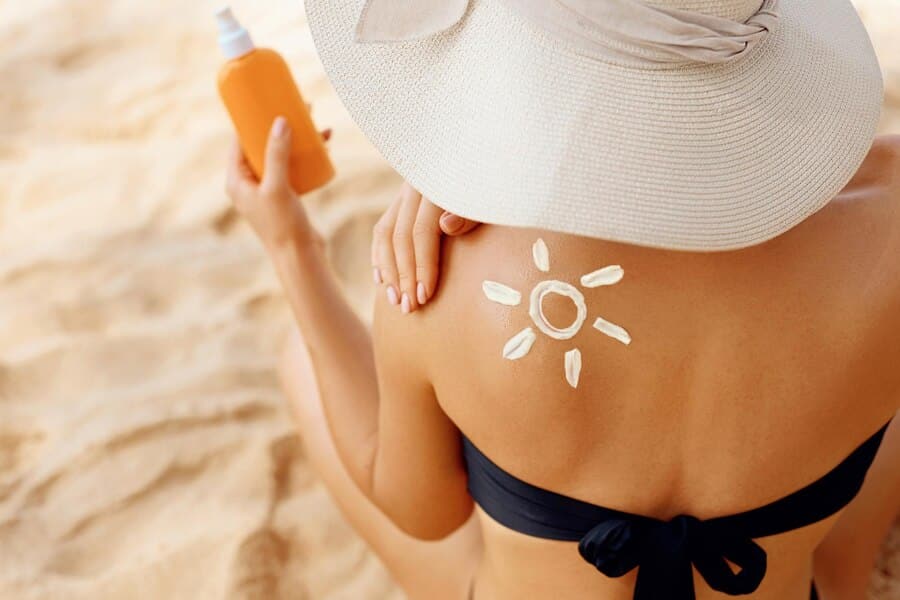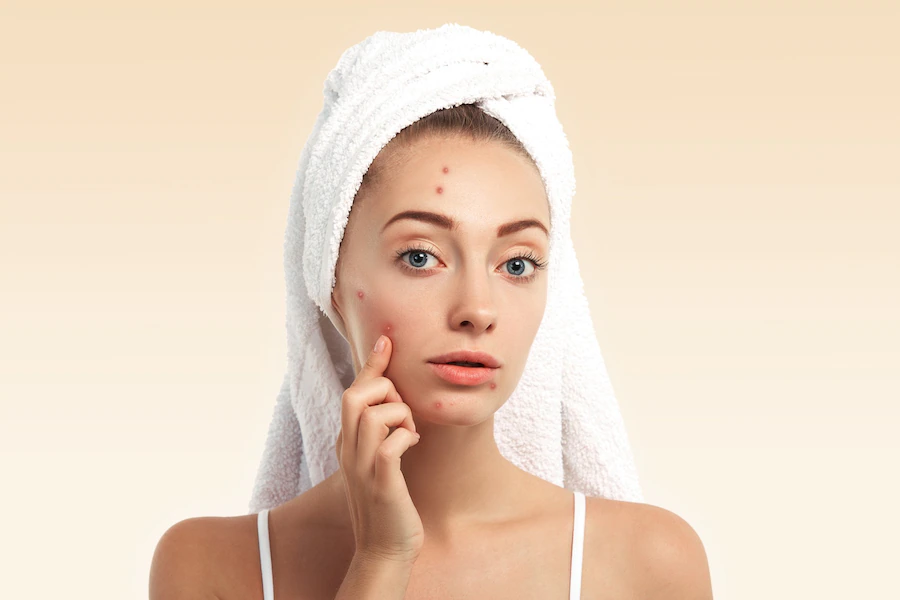There are many popular skincare myths people believe in, making skincare an uncertain process and making informed decisions difficult. We’re dispelling 8 of the most prevalent myths to help make informed decisions for yourself about your skincare routine.
From oil use to natural ingredients’ effectiveness, this article can help you debunk common skincare myths. So read on to gain the truth behind them!
8 Common Skincare Myths
Myth #1: Oily Skin Doesn’t Need Moisturizer

At The Grooming Lounge, this is one of the more pervasive misconceptions about oily skin that we encounter when dealing with clients. Many men with oily skin mistakenly turn to products designed for dry skin when in fact oily skin still requires adequate hydration for health; moisturizing helps reduce pores’ appearance while softening and protecting against environmental damage; conversely dry skin leads to wrinkles and rough patches as well as being susceptible to environmental harm – don’t be fooled into thinking otherwise! So don’t be misled into thinking oily skin doesn’t require necessary hydration; both types need adequate hydration! Don’t let oily skin fool you; both types need proper hydration so don’t let oily fool you: both still require moisture for health!
Myth #2: Natural Ingredients Are Always Better

There’s a common belief that products made with ingredients derived from plants are more natural and thus better for your skin. While it’s true that natural ingredients tend to be healthier for you than synthetic ones, not necessarily more natural is better – for instance propylene glycol, widely used as a preservative and humectant in skincare products is natural, yet can cause irritation in some people – it is therefore important to keep in mind that “natural” doesn’t always equate with “safe”.
That said, there are natural skincare ingredients that are beneficial to your skin – like coconut oil. Coconut oil provides antioxidants and fatty acids which provide nourishment to the skin, while every skincare product contains different chemicals which may either help or harm. It’s important to keep in mind that certain chemicals could potentially be good or bad depending on their makeup and ingredients used in its composition.
Myth #3: You Should Change Your Skincare Routine Regularly

Men often make the mistake of switching their skincare regimen too frequently, which may actually harm their skin. While it’s natural to want to try something new every six months, this shouldn’t be done at the expense of using long-term skincare products that won’t noticeably change with each application – even those meant for daily use may not notice significant results after only weeks! If this is the case with you then don’t stress over varying your routine too often!
Myth #4: Bar Soap Is Bad For Your Skin

Bar soaps often get a bad rap, yet this perception may not be entirely justified. While it’s true that many bar soaps contain ingredients known to irritate skin conditions, many skincare experts consider their benefits outweigh the negatives. While some soaps contain harsh ingredients that irritate, there are those formulated specifically to be gentle enough for face use, providing another useful cleansing agent for those suffering from acne and acne-prone skin conditions. Soap can remove excess oil and dirt from skin surfaces providing excellent cleansing action for daily skin cleansing needs!
Though bar soap may not offer as much hydration as skincare products, it’s natural for your skin to feel dry after washing with it. Plus, using skincare products regularly may actually lead to overly dry and flaky skin; hence, while bar soap may be harsher on your skin than some skincare products it won’t cause as much damage in terms of irritation and flaking.
Myth #5: Sunscreen Is Only Necessary On Sunny Days

This is a common misperception that skincare experts have long attempted to disprove. Although the sun may seem harsher on sunny days, UV radiation remains present year round and can contribute to premature aging and DNA damage. While sunscreen offers protection from UVB rays specifically, it also protects against UVA rays as well.
Though UVB rays are more likely to lead to sunburn, UVA rays are considered less dangerous as they don’t result in sunburn – although they still can cause long-term skin damage and are most prevalent during summer months. That being said, sunscreen usage should remain part of your skincare routine all year round for best results.
Myth #6: Squeezing Pimples Clears Up Acne

As much as we’d all like it gone right away, popping pimples can result in scarring. While popping can help clear up the area temporarily, permanent scarring may occur from popping. Furthermore, popping can result in bacteria infection leading to blackheads and cysts, leaving your skin looking red and blotchy for weeks afterward. A more effective option may be using blemish treatment products which help minimize acne without increasing scarring risk.
Myth #7: Expensive Skincare Products Are Better

As mentioned in myth #2, many assume that more expensive skincare products are better for their skin. Although this can be true to some extent, it’s wise not to put too much stock in price; there are plenty of affordable skincare products which work just as effectively as their more costly counterparts. Furthermore, skincare products come in all prices but do not vary in terms of quality; branding and marketing costs often drive prices higher while these high-end items may have better quality overall; though there may also be cheaper products with comparable results available on the market.
Myth #8: Antioxidants Are Unnecessary

Antioxidants may appear in many skincare products, yet it’s easy to assume they are unnecessary. While antioxidants might sound beneficial, what exactly are they? Antioxidants are found in fruits and vegetables; their main purpose is neutralizing free radicals which cause DNA damage that leads to premature aging.
Antioxidants can also be found in skincare products and are believed to aid with increasing hydration and delaying signs of aging. Though antioxidants can do great things for our health, it’s important to remember they shouldn’t be confused with skincare products; antioxidants benefit your skin but aren’t sold in bottles; therefore they remain an integral component of any skincare routine without necessarily appearing on product packaging or lists of ingredients.
Also Read – 8 Tips To Get You Looking Flawless Great For Prom!

